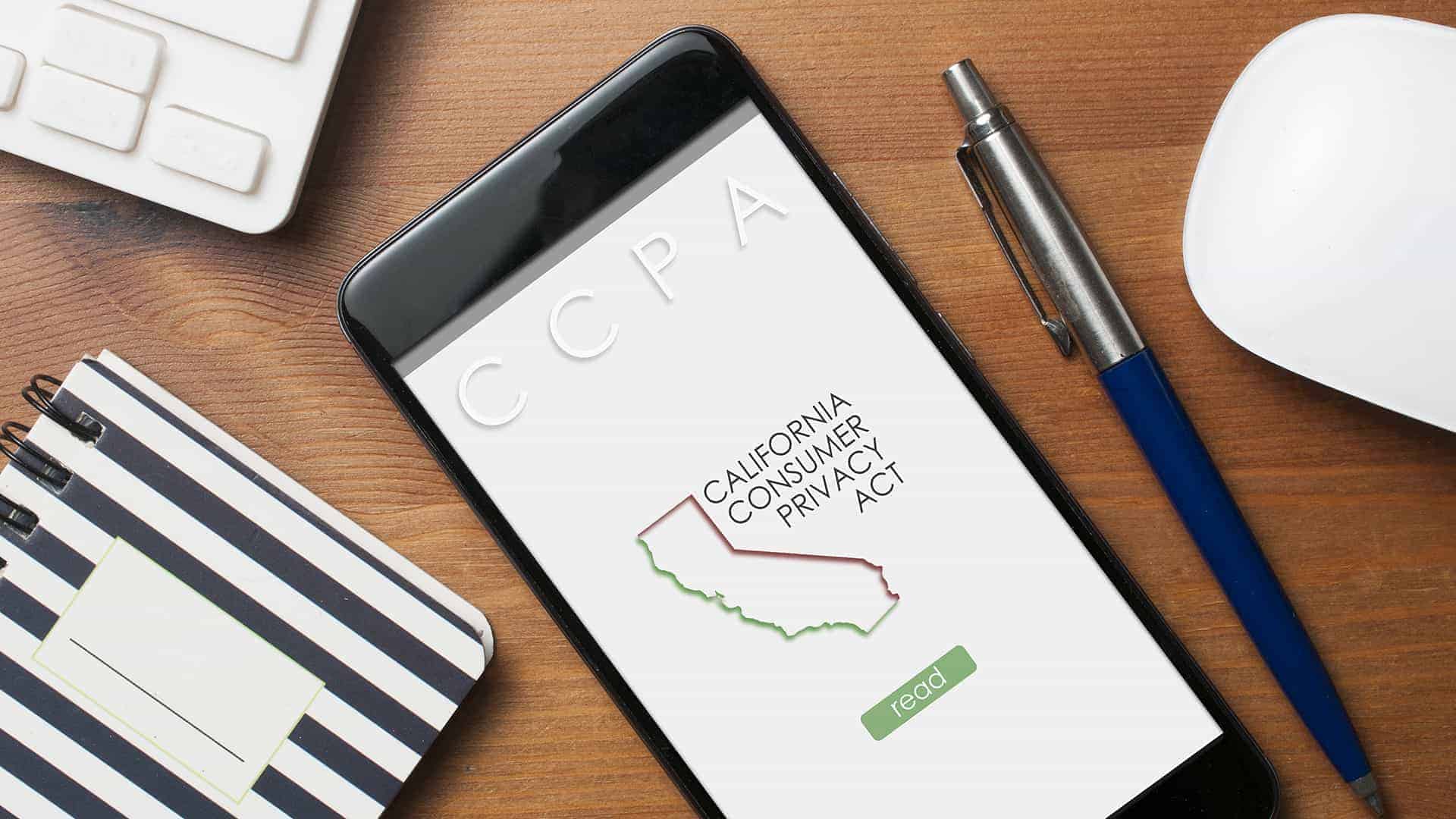
Offering to ‘Resolve’ a Time-Barred Debt Can Violate FDCPA Absent Disclosures
The U.S. Court of Appeals for the Eleventh Circuit recently ruled that an offer to “resolve” a debt without disclosing its time-barred status may be deceptive or misleading under the federal Fair Debt Collection Practices Act (FDCPA) even in the absence of an express threat of litigation.
A copy of the opinion in Holzman v. Malcolm S. Gerald & Assocs., Inc. is available at: Link to Opinion.
The letter at issue stated the debt collector wanted to “resolve” the consumer’s account by accepting a reduced amount by a specific date. The consumer filed a lawsuit alleging the letter was false and misleading in violation of 15 U.S.C. § 1692e.
Relying on Freyermuth v. Credit Bureau Services, Inc., 248 F.3d 767 (8th Cir. 2001), Huertas v. Galaxy Asset Management, 641 F.3d 28 (3d Cir. 2011), and Elrich v. Convergent Outsourcing, Inc., the trial court dismissed the complaint with prejudice because the letter “did not contain any language that could be interpreted as initiating or threatening legal action” on a time-barred debt.
The trial court distinguished the case from Daugherty v. Convergent Outsourcing, Inc., 836 F.3d 507 (5th Cir. 2016), Buchanan v. Northland Group., Inc., 776 F.3d 393 (6th Cir. 2015), and McMahon v. LVNV Funding, LLC, 744 F.3d 1010 (7th Cir. 2014), which held that using the word “settle” could imply an impermissible threat of litigation when used with respect to a time-barred debt.
The trial court was of the opinion that “resolve” did not rise to the same level of litigation threat as “settle.”
Violation Can Occur Without Express Threat of Litigation
On appeal, the Court was persuaded by the very decisions from which trial court distinguished the case. Following the reasoning of those cases, the Court concluded that “an express threat of litigation is not required to state a claim for relief under § 1692e so long as one can reasonably infer an implicit threat.”
The Court noted that the deadline for the payment and the notice that there was no obligation to renew the offer heightened the possibility of such an inference. Further, the Court was not convinced that the word “resolve” was “materially distinguishable” from the word “settle.”
Although the defendants argued it would be “untenable” to require debt collectors to “analyze and advise debtors as to the merits of any potential statute of limitations defense,” the Court saw no such burden. Quoting Buchanan, “if a debt collector is unsure about the applicable statute of limitations, it would be easy to include general language about that possibility. . .”
Thus, in reversing the decision of the trial court on this issue, the Court held that any language that could reasonably imply the threat of litigation on time-barred debt violates the FDCPA unless accompanied by a notice that the debt is, in fact, time-barred.
NY Trial Court Dismisses Similar Claim
Another recent case on the issue presents an interesting comparison.
In Hollander v. Alliant Capital Mgmt., LLC, No. 18-CV-02808 (DLI)(VMS), 2019 U.S. Dist. LEXIS 58381 (E.D.N.Y. Mar. 31, 2019), the plaintiff argued that a collection letter violated the FDCPA by failing to disclose that the time-barred debt could not be enforced by legal action and that a partial payment might restart the statute of limitations.
The decision noted that the Second Circuit Court of Appeals has yet to address the issue of whether “time-barred” debt disclosures are required but dismissed the claim, nonetheless.
Although the FDCPA claim was premised on a debt being collected after the statute of limitations had expired, the court found that the complaint offered no factual allegations to support that conclusion because it: 1) did not state the date the debt was incurred; 2) did not state which statute of limitations applied; and 3) did not specify when the statute of limitations expired.
Therefore, the plaintiff’s claim was an “unadorned legal conclusion.” The complaint filed with the trial court in Holzman in the Southern District of Florida similarly failed to plead those elements.
About Maurice Wutscher
Maurice Wutscher is a national financial services defense and compliance law firm providing superlative defense and unmatched dedication to clients in key cities nationwide. Maurice Wutscher specializes in appellate matters, business formation and transactions, class action litigation, commercial litigation, construction litigation, consumer credit litigation, contested bankruptcies, contested foreclosures, employment litigation, insurance recovery and advisory services, intellectual property litigation, regulatory compliance, and trials and evidentiary hearings. Maurice Wutscher’s attorneys are leaders and influencers in the area of consumer financial services law, serving in leadership positions in industry groups and regularly publishing and speaking before national audiences. Bold leadership, strategic guidance and sound insight are the hallmarks of the Maurice Wutscher professional. The firm is committed to providing unparalleled client service, efficiency, and thought leadership.
This article courtesy of Maurice Wutscher’s Consumer Financial Services Blog and written by Eric Rosenkoetter.




